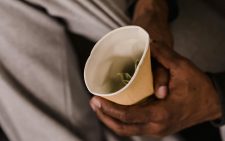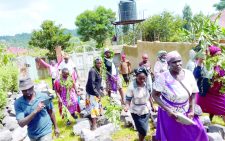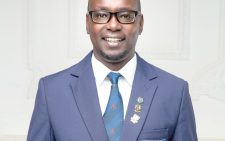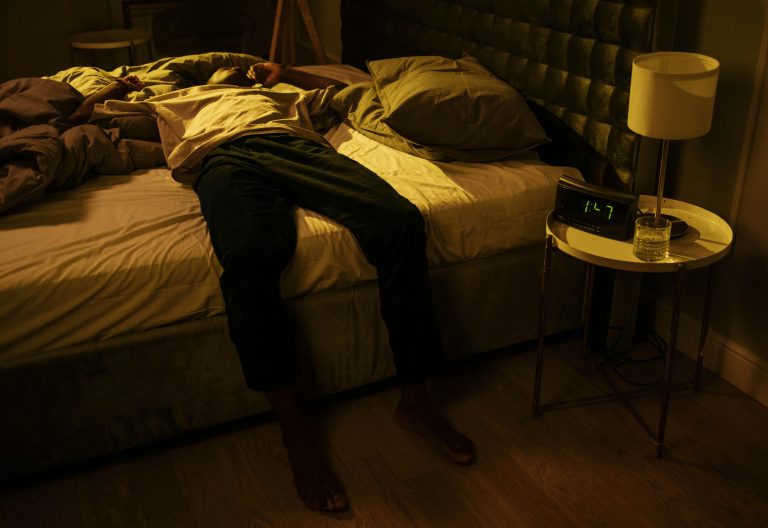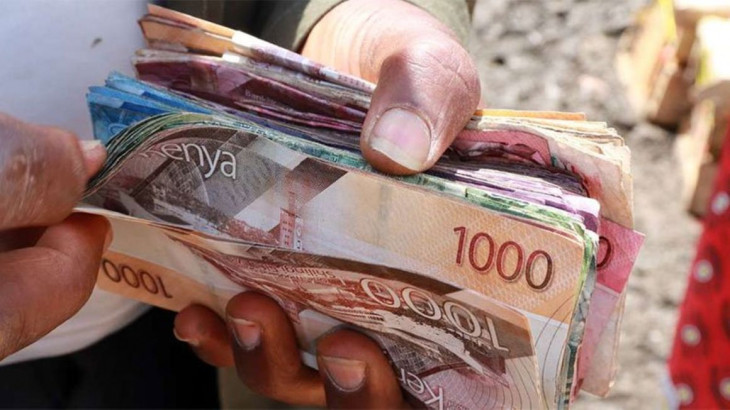Ups and downs of being a poor ‘pointee’ child

Being of mixed race in Kenya often comes with its own share of blessings and curses in equal measure. On one hand, people love you and want to be with you because of the perception that you are rich and ooze class. On the other hand, it can be one depressing journey, especially when people’s perceptions are variance with the reality.
For Moses Kimani Wangari, a gospel artiste from a group dubbed Cyplez, life as a pointee, as they are locally called, has been a mix of both pleasant and bitter experiences. Born to a German dad and a Kenyan mother, Moses was raised by his granny in Mathare slums. Moses’ mother, a single parent, died when he was six months old, and he has never met his father.
Standing out
“Growing up in the slums as a mixed race child wasn’t easy. I stood out. Children made fun of me. One incident that occured when I was five remains so vivid. My granny and I went to shags in Nyahururu, and the kids started calling me mzungu. I felt bad and ran to the river, to apply dark clay on my skin, so I could look like them and probably stop with the name calling,” the 26-year-old recalls
His grandmother treated him and his cousins equally and taught him how to share with the less fortunate. In primary school, people began appreciating his skin colour and his physical attributes, which consequently made him have high self-esteem.
And because his granny couldn’t afford to pay his school fees, Moses was taken to a children’s home, Homeless Children International, Kenya when he was nine. Over the holidays, he spent his time in the streets begging so as to support his ageing grandmother. Here, his complexion raised a lot of questions and attracted bullying.
“Sometimes my fellow street children would come to me and force me to smoke bhang and sniff glue. They would beat me up when I refused. One time, I bled so much that Good Samaritans came to my rescue and took me to hospital,” he recalls . He scored 366 marks in his Kenya Certificate of Primary Education (KCPE) and was enrolled at Nyahururu Boys High School.
“That place was like hell. The level of bullying was unbearable. I kept on running away, but grandmother always persuaded me to go back to school. Moses eventually dropped out of school in 2014 while in Form Three after his grandmother passed on. “I was doing it for her. After she rested, I didn’t see the reason to pursue an education in that school. I gave up nikarudi mtaani (I went back to the ghetto),” he says
Turning point
He began doing menial jobs. However, his lean figure and skin colour made his workmates make fun of him. “They would tell me that I wasn’t fit for the job— that a mason’s hands need to be strong. Also, they mistook me for a Somali and they wouldn’t imagine that I was working as a fundi and I looked like a rich person. They would say, wewe Msomali maskini umeshindwa kukaa na wenzako, unakuja mjengo unadhani utaweza na hutu tumchele huwa mnakula? Hii ni kazi ya watu wa nywele ngumu, watu wanakula ugali,” he recalls
In 2015, he met a guy called Humphrey Sagani who was in Visioneerz music group. Moses discovered his passion for music and began following Humphrey around, learning from him. Humphrey noted his interest in music and began mentoring him. “Humphrey linked me up with Moses Ambani aka Mose, a former friend from the streets. The three of us formed a group dubbed Cyplez and slowly began producing music,” he says. The two would sleep and eat at Humphrey’s home.
So far their music career has soared, thanks to team work and hard work.
“People look at me and the first reaction is how can this pointee sing gospel music? They desire to hear my story and are surprised to learn I’m a Kikuyu,” he says.
Moses’ faith and self discipline guides him when dealing with people, especially women. He remembers an incident when an ex wanted to commit suicide simply because they had broken up.
“Once you are a Christian and you are singing gospel music, you become the light and you try as much as possible to avoid making mistakes.
“Just because niko na rangi ya thao, doesn’t mean other people are less, I have to treat them right,” he concludes.
